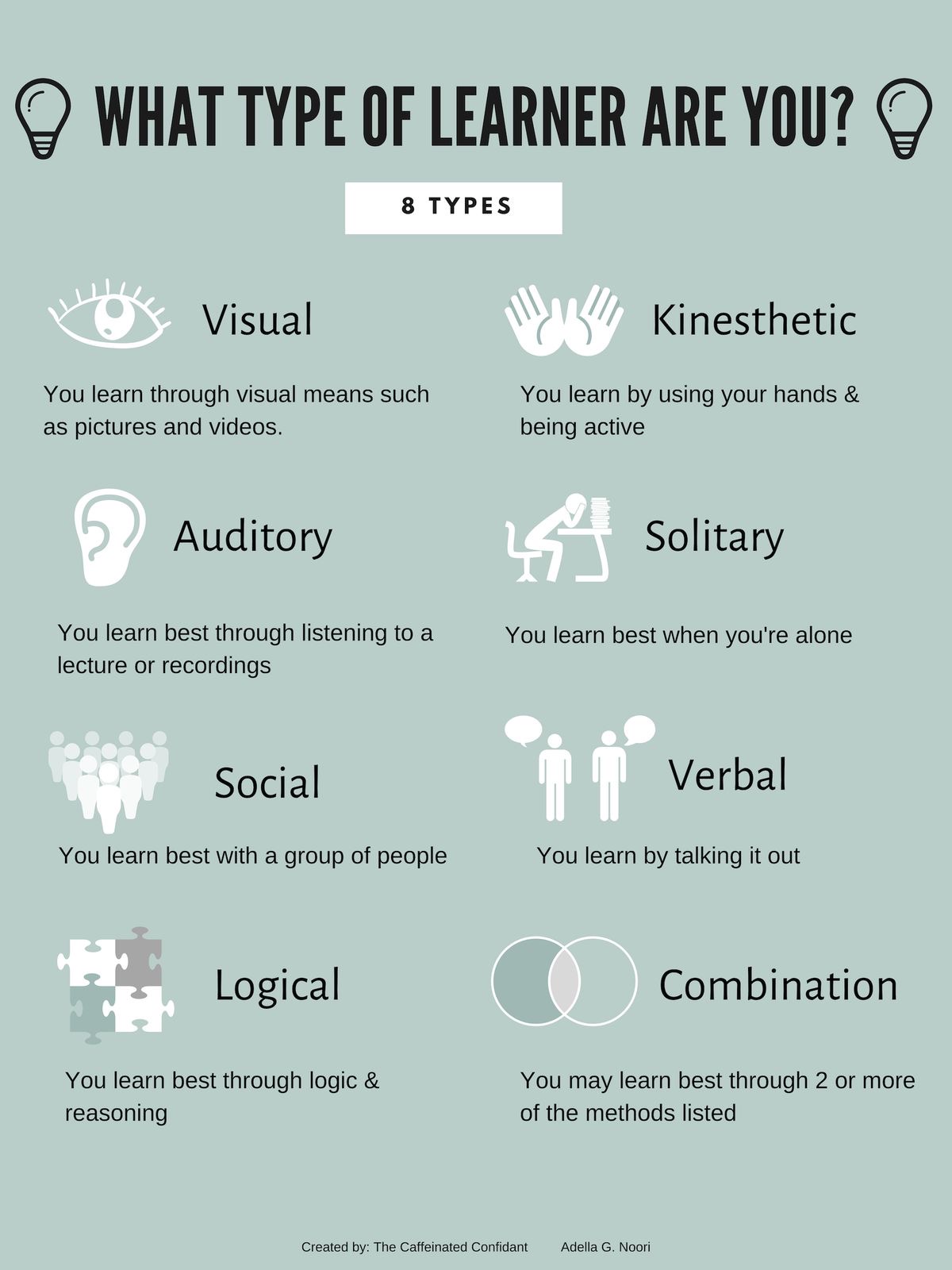
Getting right into it, here’s how Smart Edoo enhances teaching and learning strategies:
Enhancements for Learners
1. Personalized Learning Paths:
Online platforms often feature adaptive learning technologies that adjust content based on individual learner progress. This personalization ensures that students receive targeted instruction, addressing their unique strengths and weaknesses.
Imagine a student in Kenya struggling with math concepts. The online platform identifies this and provides her with extra practice problems and video tutorials on those specific topics.
2. Accessibility and Inclusivity:
Learners can access educational content from anywhere, promoting inclusivity and breaking down geographical barriers. This is especially beneficial for students who may face challenges attending traditional classrooms, such as:
Students in remote areas
Students with disabilities
Students who travel frequently
A student in a rural Kenyan village can access the same high-quality education as a student in Nairobi, thanks to online platforms.
3. Interactive and Engaging Content:
Multimedia resources, interactive simulations, and gamified elements make learning more engaging and enjoyable. This variety in content appeals to different learning styles, capturing the attention and interest of a diverse student population.
Imagine a student in Kenya who learns best through visual aids. She can use online platforms to watch educational videos, participate in interactive simulations, and play learning games, all while mastering new concepts.
4. Immediate Feedback:
Online assessments often provide instant feedback, allowing learners to:
* Understand their mistakes
* Correct misconceptions in real time
This feedback loop supports a more effective learning process, as students can address their weaknesses immediately and move forward with a better understanding.
5. Self-Paced Learning:
* Online platforms enable self-paced learning, allowing students to progress through materials at their own speed. This accommodates diverse:
* Learning rates
* Preferences
* A student in Kenya who needs more time to grasp a concept can review online materials as many times as needed, without feeling rushed or pressured.
Enhancements for Teachers
1. Professional Development Opportunities:
* Online learning platforms provide teachers with access to a wide range of professional development courses, from the comfort of their own homes. This continuous learning helps educators stay updated on the latest:
* Teaching methodologies
* Technology integration strategies
* Pedagogical approaches
* Imagine a teacher in a rural Kenyan village attending a Harvard University course on best practices in science education - all possible thanks to online platforms!
2. Resource Diversification:
* Teachers can explore a variety of teaching resources on online platforms, including:
* Multimedia content like video lectures and simulations
* Lesson plans that can be adapted to local contexts
* Interactive tools like quizzes and polls
* This diversification allows for more dynamic and engaging teaching strategies, catering to different learning styles and preferences.
3. Data-Driven Decision Making:
* Learning platforms generate analytics on student performance, participation, and engagement. Teachers can use this data to:
* Make informed decisions about their teaching methods
* Identify areas for improvement
* Tailor their instruction to better meet the needs of individual students
* Imagine a teacher in Kenya using data to see which parts of her lesson were most engaging and which parts need to be adjusted for better understanding.
4. Collaborative Learning Communities:
* Many online platforms facilitate teacher collaboration through:
* Forums
* Discussion groups
* Shared resources
* This enables educators to:
* Exchange ideas
* Share best practices
* Provide and receive support
* Fostering a sense of community and professional growth among teachers, ultimately benefiting students.
5. Time and Flexibility:
* Online platforms offer the flexibility of accessing resources and training materials at a time convenient for teachers. This flexibility is particularly valuable for educators:
* Managing busy schedules
* Working in remote locations
* Juggling multiple responsibilities
* A teacher in Kenya can attend a professional development workshop online after putting her children to bed, without having to travel to a distant city.
Comments (0)
Recent posts


How Smart Edoo enhances Teaching and ...
19/12/2023
Effective tips and strategies for online ...
20/11/2023
Become a Straight-A Student
1/07/2021



